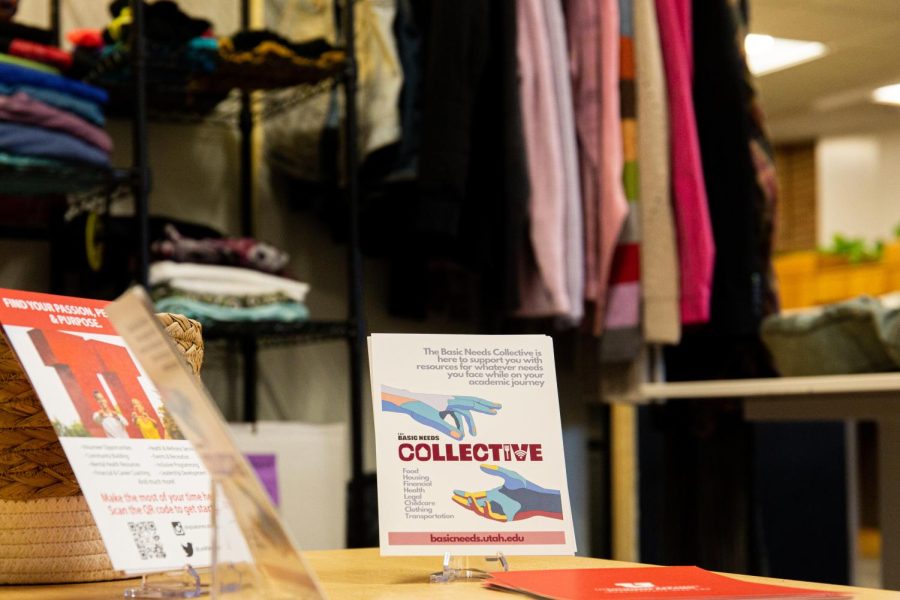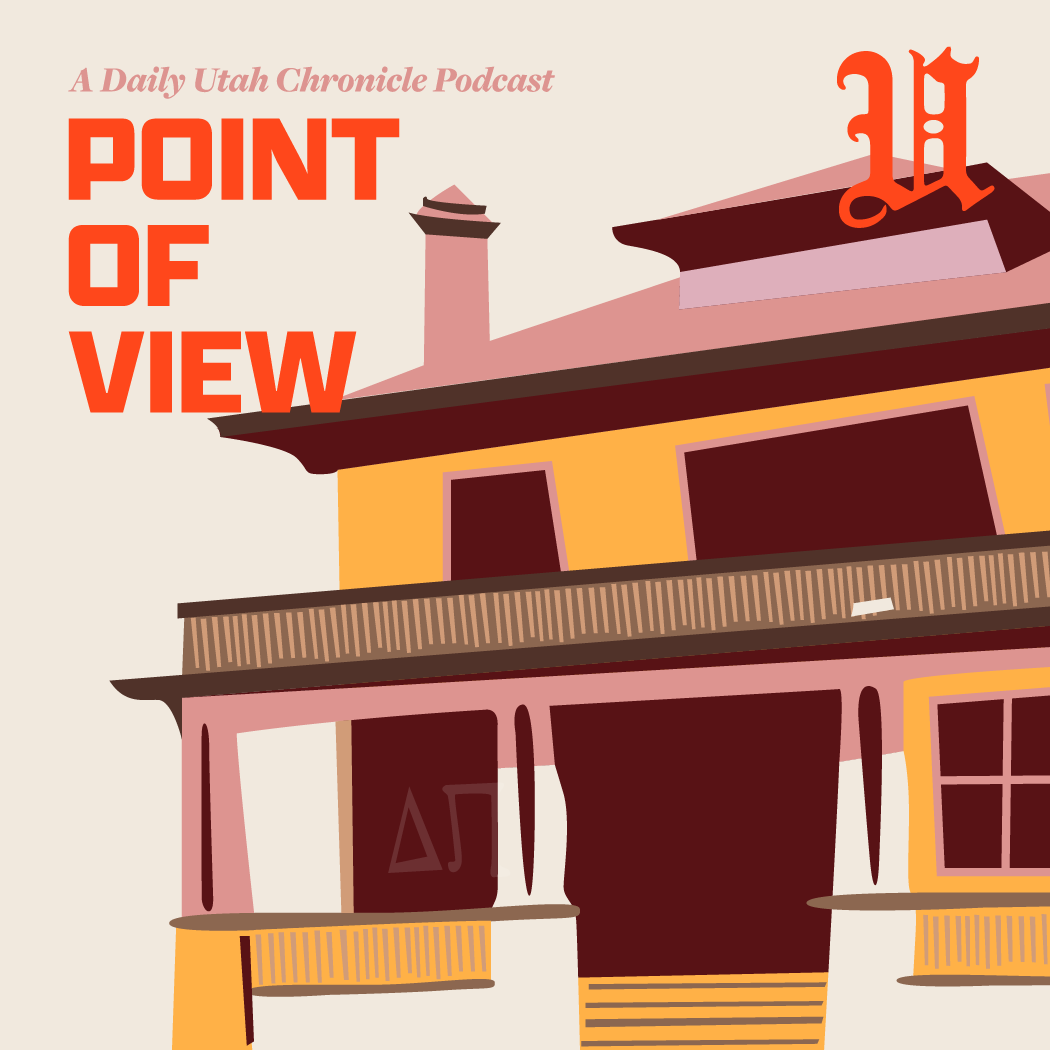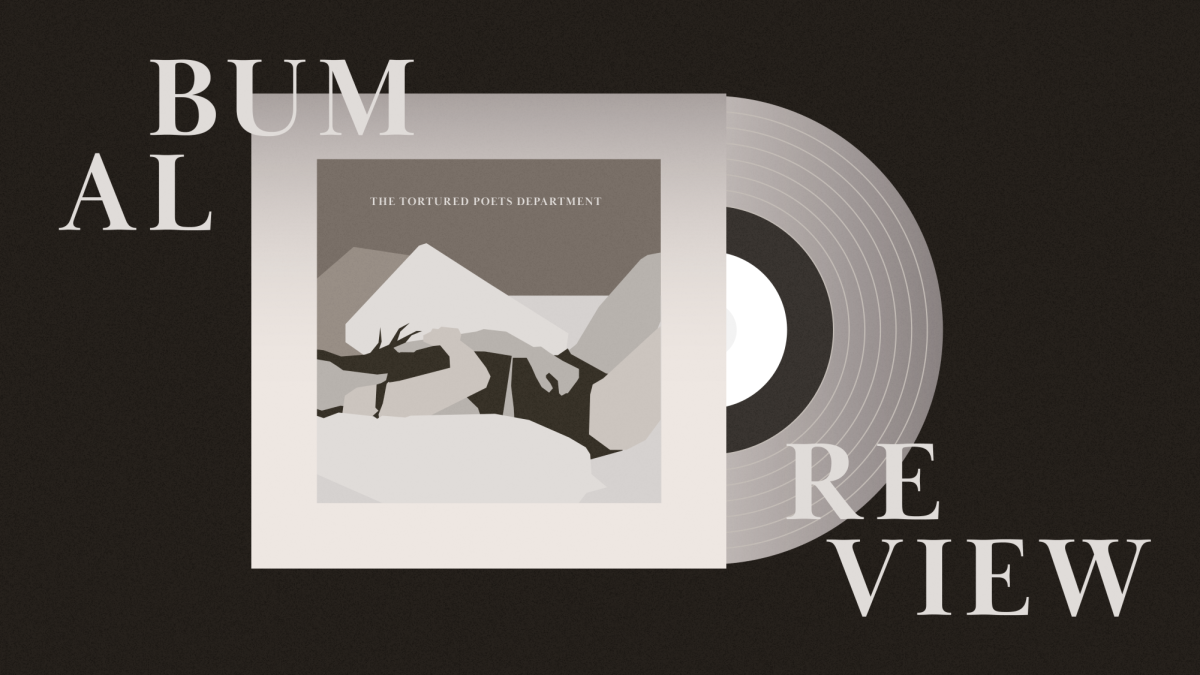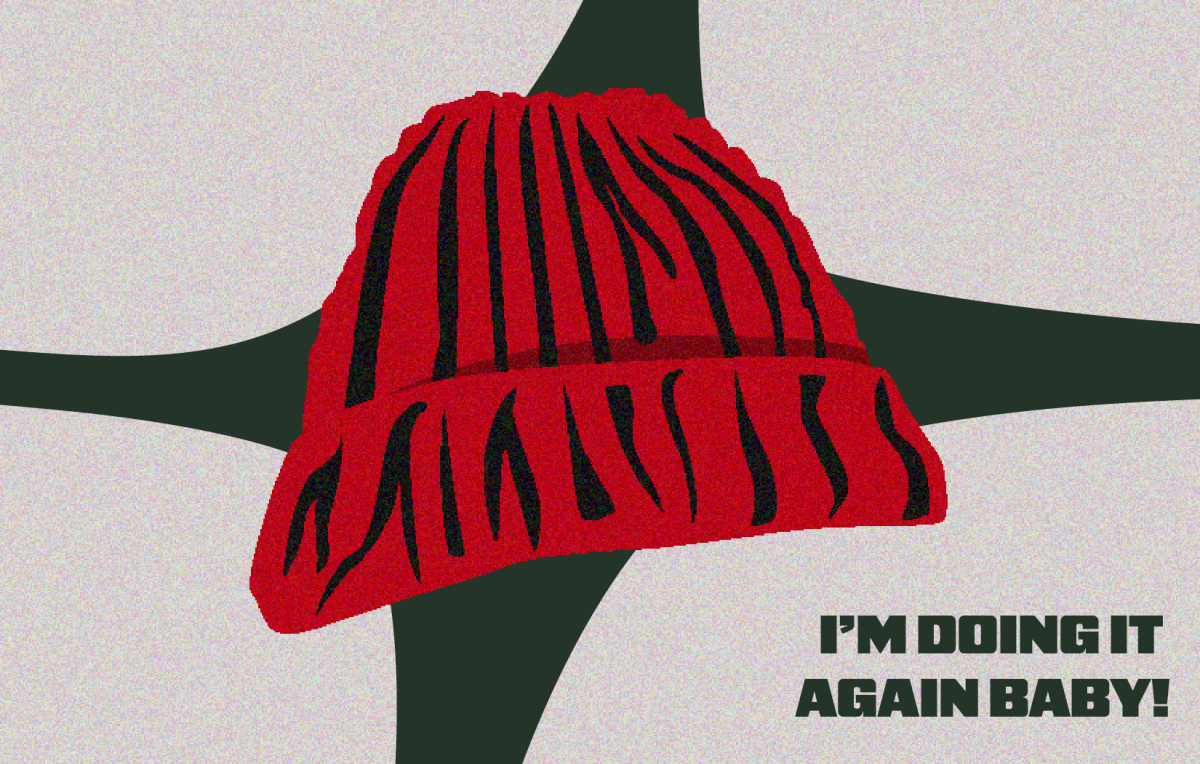For the first time in nearly a decade, the Utah Symphony, under music director Thierry Fischer, is producing a professional recording of a performance. The piece is Mahler’s Symphony No. 1, a piece with a vast array of musical dynamics and which requires absolute attention to balance. Soundmirror recorded the performance on Friday, Sept. 12. Founded in 1972 by John Newton, Soundmirror has received over 80 Grammy nominations and many commendations from prestigious publications.
I chatted with John Newton as he gave a tour to music technology students.
“The goal is to make the technology invisible to the music,” John said as he pointed out the several microphones utilized to produce a seamless recording. The microphones range from $300 dollars to $3,000 dollars in value, and there were at least 30 microphones present on the stage.
Newton then explained that the art of recording comes with the placement of the equipment. Moving the microphones a few inches from their original location can vastly change and improve a recording’s potential. He demonstrated this by playing the recording from the dress rehearsal and either added or subtracted various microphones. It was amazing to hear the subtle differences in microphone types and tones. Newton said he is able to create a sound that isn’t experienced by anyone sitting in the audience, unless you were sitting on a ladder twelve feet above the conductor, where the sound is optimum.
Digital music recording has roots embedded deep within the U. Newton spoke of a former colleague of his, Thomas Stockham, who developed the first practical digital audio recording system while he attended the U. Stockham founded a company called Soundstream, which was the first commercial digital recording company in the United States, located in downtown Salt Lake City. Many of his technology patents led to the development of CDs.
During set-up of the equipment, Newton and his team invited the symphony players to listen to the test recordings to comment on and observe the process. It requires close collaboration from the symphony performers, the musical director and the recording staff to study the score, detail fine differences in balance and then make appropriate adjustments. After the recording is made, it can take an additional 140 hours of studio time to perfect the piece before it can finally be sold.
Although the chance to hear the Mahler has passed, there will be several more opportunities to hear the Utah Symphony play beautifully produced and carefully crafted music, including the annual Halloween concert on Oct. 28, Yefim Bronfman playing Brahms compositions Sept. 19-20 and Doc Severinsen (the Grammy-winning bandleader from Johnny Carson’s “Tonight Show”) playing big band classics and Latin jazz Sept. 26-27. There’s something for everyone. To learn about other concert opportunities, visit their web page at utahsymphony.org.
Student who wish to visit the Utah Symphony or Utah Opera can purchase an all-access student season pass for only $49. This means you can show up at any performance at 6 p.m. and receive tickets to the concert, assuming they’re not sold out (which they rarely are). If you don’t want to go alone, you will receive an additional ticket for an extra cost of $25.
@ChronyArts















